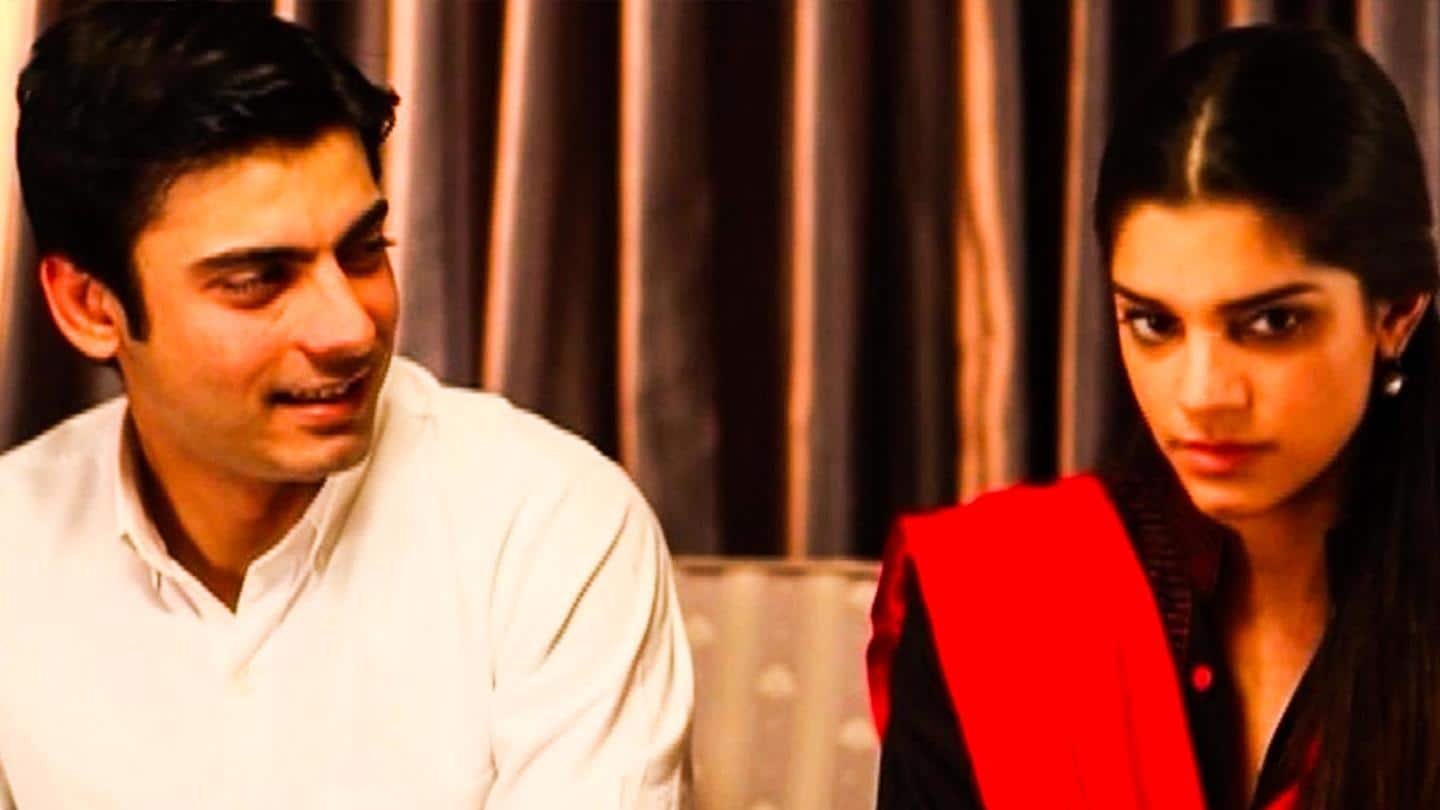
Revisiting 'Zindagi Gulzar Hai': 5 memorable aspects of the show
What's the story
First telecast in Pakistan in 2012, Zindagi Gulzar Hai became a household name within a few days of its release.
Based on Umera Ahmed's novel, it also remains a majority of Indians' first introduction to the ever-endearing Fawad Khan.
Now that the show is back in India on the Zindagi channel, we revisit it and underscore five aspects that have helped immortalize the drama.
#1
Kashaf: A feminist female lead
The first aspect that immediately strikes us is the feminist undertone the drama is soaked in.
The female lead Kashaf (Sanam Saeed), despite reeling under financial insecurity and a life hindered by challenges, doesn't choose the "easy" way out.
She eyes upward social mobility through higher education and a career in civil services—an idea that makes us root for her right off the bat.
#2
Use of various narrative techniques
The show interweaves varying narrative structures, departing from usual cause-effect scenarios.
Instead of the story racing ahead through chronological events, Zindagi Gulzar Hai employs the usage of monologs and epistolic format that affords us an insight into the deepest psyche of the characters.
The diary entries also provide a window into their soul, helping the audience reach a step closer to comprehending the characters.
#3
Lead actors' performances
Khan and Saeed breathe life into the enemies-to-lovers trope, which, despite being an idea as old as time, doesn't translate negatively on screen.
Saeed's restrained performance makes us both empathize with Kashaf and frown upon her.
Khan too displays a gamut of emotions—from being an outright chauvinist to being an evolved man who realizes how his unchecked patriarchal perspectives were his biggest undoing.
#4
Fast-paced story structure
ZGH has a tightly knit structure and cuts right to the chase.
To elucidate, it narrates its tale in 26 episodes, and not making it needlessly ornate helps zoom in on the core story, without digressions.
Since the story is so tightly bound, it also accords a certain degree of permanence to it, making it memorable even a decade after its release.
#5
Reality check of sexist societies
On the surface, ZGH is a romantic drama.
But once we scratch that surface, we find a scathing social commentary, a critique of not merely Pakistan, but several South Asian societies where patriarchy runs unbridled and a distressing social fabric crushes women's aspirations even before they can fully blossom.
This is a world that mirrors our own, a world we know all too well.